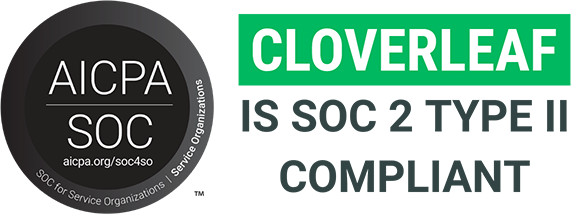When you watch your favorite sports team come from behind and win a championship game, there is usually all sorts of celebrating, popping champagne, and visible explosive excitement. The air is filled with the energy of what is possible when a group of people, ALL committed to the same end goal, use teamwork to succeed.
Leading a team towards high collective performance goes beyond managing individual members. It’s more than meeting a common goal or completing tasks. Learning the leadership skills that can envision something greater than oneself takes courage, insight, solid decision-making, and the willingness to challenge yourself.
But don’t let this grand vision freak you out. Though you’ve just started in your role as a new manager, the only difference between a newbie and a champion is PRACTICE.
What is a high performing team?
So what makes a high performing team? Is it just meeting tangible business goals? Do team members all have to like each other?
Patrick Lencioni, basically the Godfather of high performing teams comments “Not finance. Not strategy. Not technology. It is teamwork that remains the ultimate competitive advantage, both because it is so powerful and so rare.”
Lencioni outlines the clear things that high performing teams do…and the dysfunctions that plague the underperforming teams of the world.
A high performing team does some critical things that give them a competitive advantage. Here are some characteristics of high performing teams:
They build trust.
They are not afraid of conflict.
They commit together and stay the course.
They hold each other accountable.
They keep their eyes on the end results.
In the beginning…
As you get started what does this mean for you? First, have some patience. You aren’t going to establish all of this overnight. If there is one thing we forget it is that human beings are not devices. We don’t just get updated operating systems to replace the previous version. We are living, breathing, complicated beings. When you put those complicated beings in GROUPS it gets even messier.
The ONLY thing you have to focus on at the start is building relationships.
Building relationships with each of your team members and facilitating the relationships between the entire team is a key part of building a more effective team. Relationships make ALL Of this possible. This means being yourself and allowing others to be themselves.
Just get to know the humans. Start there. Allow for the team with you at the helm to organically form itself.
And pay attention. LISTEN. LISTEN. LISTEN. Listening is half your strategy. Listening to what people are saying…and not saying, will help you know how to proceed.
Managing conflict so it doesn’t get personal
One of the messiest things about high performing teams where it SEEMS like something is wrong is conflict. The most successful teams survive conflict because they do it with respect.
Respectful conflict doesn’t get down and dirty. High performing teams can remain focused on the conflict at hand without resorting to personal attacks, over the top emotions, or behavior that isn’t appropriate for the workplace. Successful teams ALLOW time for this type of conflict.
Did we just say ALLOW for conflict? YES. We did. If you avoid conflict, be prepared to be uncomfortable. This is not the end of the world. It’s not like that terrible dream where you show up to high school late to take your final exams and forget your clothes. It just means we have to be ok with things NOT always being ok.
Healthy conflict generates better ideas, unearths problems in team dynamics that need solving, and can ultimately fuel innovation. So buckle up and make conflict your friend.
Strategies for building high performing teams
While you’re focusing on building those relationships, here are some strategies for strengthening your team to be one of the best.
Create the space for teams to bond over non-work topics. Yes, there’s actually research on this. Whether it’s allowing some quick sharing on a Monday morning huddle or all going to an escape room together, great team leaders allow the humans to actually be humans…together.
Try Lencioni’s Team Effectiveness Exercise. This is basically real-time, constructive feedback that your team gives to one another to hold each other accountable. You just need about one hour, but it’s incredibly simple and worth it.
Track team goals. Make sure there is some structure to track team goals. Whether it’s built into your company practices or you just whip up a spreadsheet, track away.
Keep notes on trends that you notice. Does Joe talk a lot and take over? Is Sarah afraid to speak up in meetings? Start to jot down your observations and design micro-actions around them. For example, ask Sarah a question directly in a group meeting rather than open it up to the entire group.
Developing and leading a high performing team takes time, attention, and diligence. Whatever consistent best practices you can install into your own team operating system, do that. If something works, keep doing it. When something tanks, toss it. Remember, you are your team’s GPS. Sometimes you will change routes because of a traffic jam ahead, but ultimately everyone will reach their destination – together.

If you’re a leader ready to learn practical management skills that utilize coaching to develop your team, check out the Boss To Coach Playbook.
About Stephanie Licata
With more than two decades of leadership and management experience, Stephanie Licata is a skilled professional coach, adult learning specialist, consultant and speaker. She has trained thousands of leaders and managers in the art and science of coaching as part of large-scale projects to develop coaching cultures within organizations. Stephanie received her professional coaching certification from New York University, and is also certified at the ACC level with the International Coaching Federation. She holds a BS in counseling and a Masters in Organizational Psychology from Columbia University.




